Will the Nintendo Switch gold rush affect indie games on PC?
Indie developers have been rushing to fill the gaps on Nintendo's newest console.
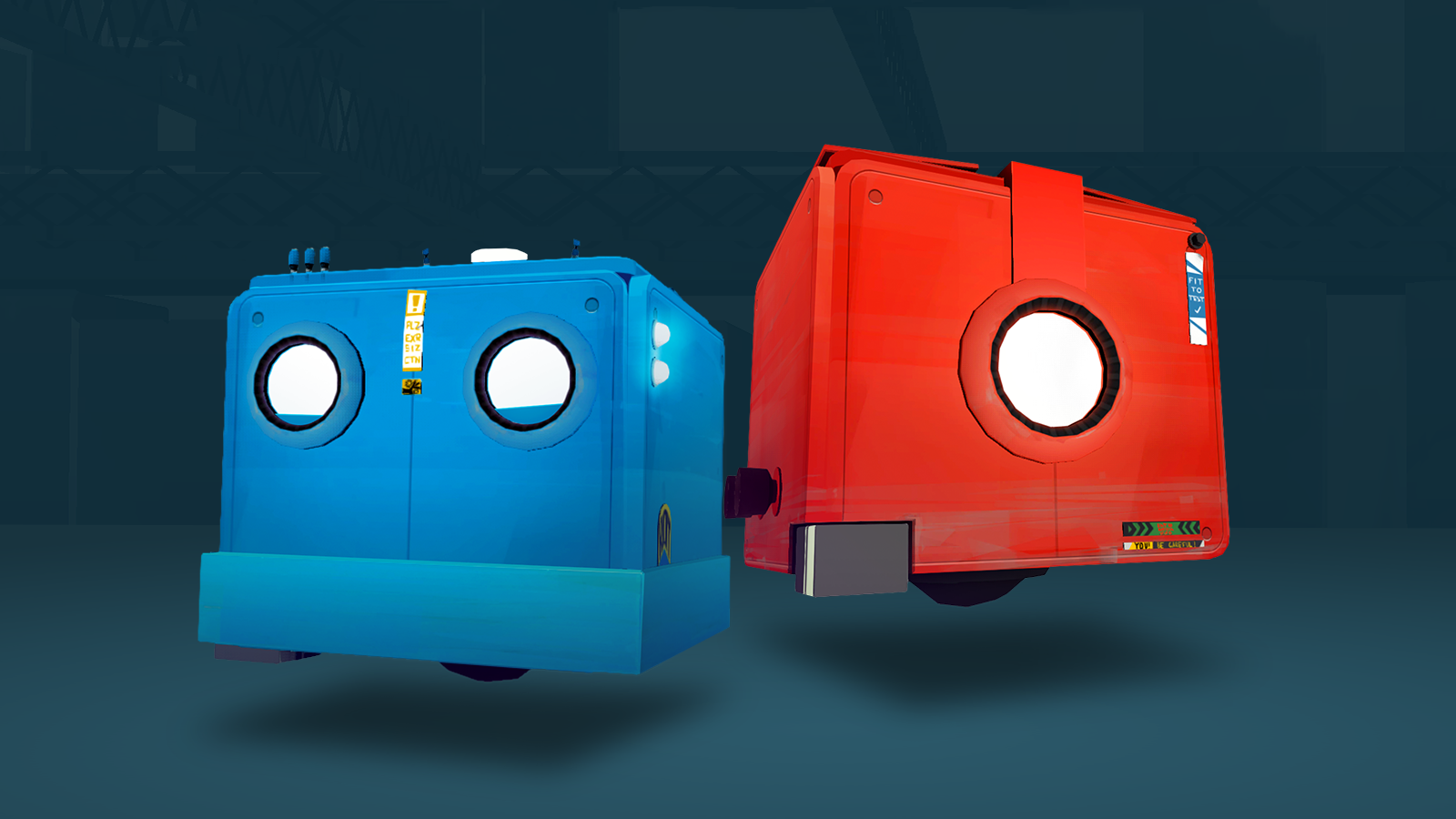
In just seven months, Nintendo has sold more than 7.5 million Switch consoles, half what the Wii U sold in its entire lifetime. It's been flying off the shelves and so have Nintendo's big games. But, then, they almost always do. More surprising is how much success smaller indie games are finding on the Switch.
Almost every indie release on Switch reports that it's outselling other platforms. Games like Death Squared, Oceanhorn, and Wonderboy: The Dragon's Trap are all doing better on the Switch than on PC. Other games like Forma.8 sold better on other platforms but made more money from the higher-priced Switch version.
Our hot take on Switch 4 Indies. We sold more #DeathSquared on Switch in first 3 days! than all other platforms 😂 pic.twitter.com/CBEHeyBE7ZSeptember 13, 2017
With heavy hitting indies like Super Meat Boy Forever and Rocket League still to come, we got in touch with some of these teams to find out what they think about the success of indie games on the Switch, and what it could mean for the future of indie games on PC.
A hungry audience
Many developers attribute some of the Switch's success to the console still being in a honeymoon period. Mauro Fanelli, CEO of the team behind Forma.8, Mixed Bag, said that's expected from most new platforms. The Switch is still undercrowded, and people are still excited to play games on it.
"First the platform is very young and the player base is hungry for new content, and that’s true for each new game platform that launches on the market. Then the eShop is currently extremely democratic, with no special spots to highlight new games: basically, each new game launching on the platform get the same amount of exposure, and that’s great."
Death Squared publisher SMG Studios pointed out that the limited number of games means new ones aren’t as easily lost. Ultimately, "it's that purity of the console right now that helps," said SMG's founder Ashley Ringrose.

Is the option for portability a big part of a game’s success on Switch? Maybe—but more than once Sony’s Vita was cited as a cautionary tale. Omar Cornut of Wonder Boy developer Lizardcube, who also worked on the Vita exclusive Tearaway, explains "the Vita had that for a while, it was the indie's handheld for a long while. But Sony didn’t support it with enough unique first-party titles so it felt too much like a secondary console and lost some traction."
The biggest gaming news, reviews and hardware deals
Keep up to date with the most important stories and the best deals, as picked by the PC Gamer team.
Despite this reason for wariness, indie developers are still fairly confident in Nintendo's ability to provide for its own console and secure other big-budget developers, which will help drive support and in turn more indie sales.
Jeremy Dunham, vice president of publishing for Rocket League developer Psyonix, said "More than anything, it's Nintendo's active decision to support and promote the indie scene that's exciting the fans and teams involved."
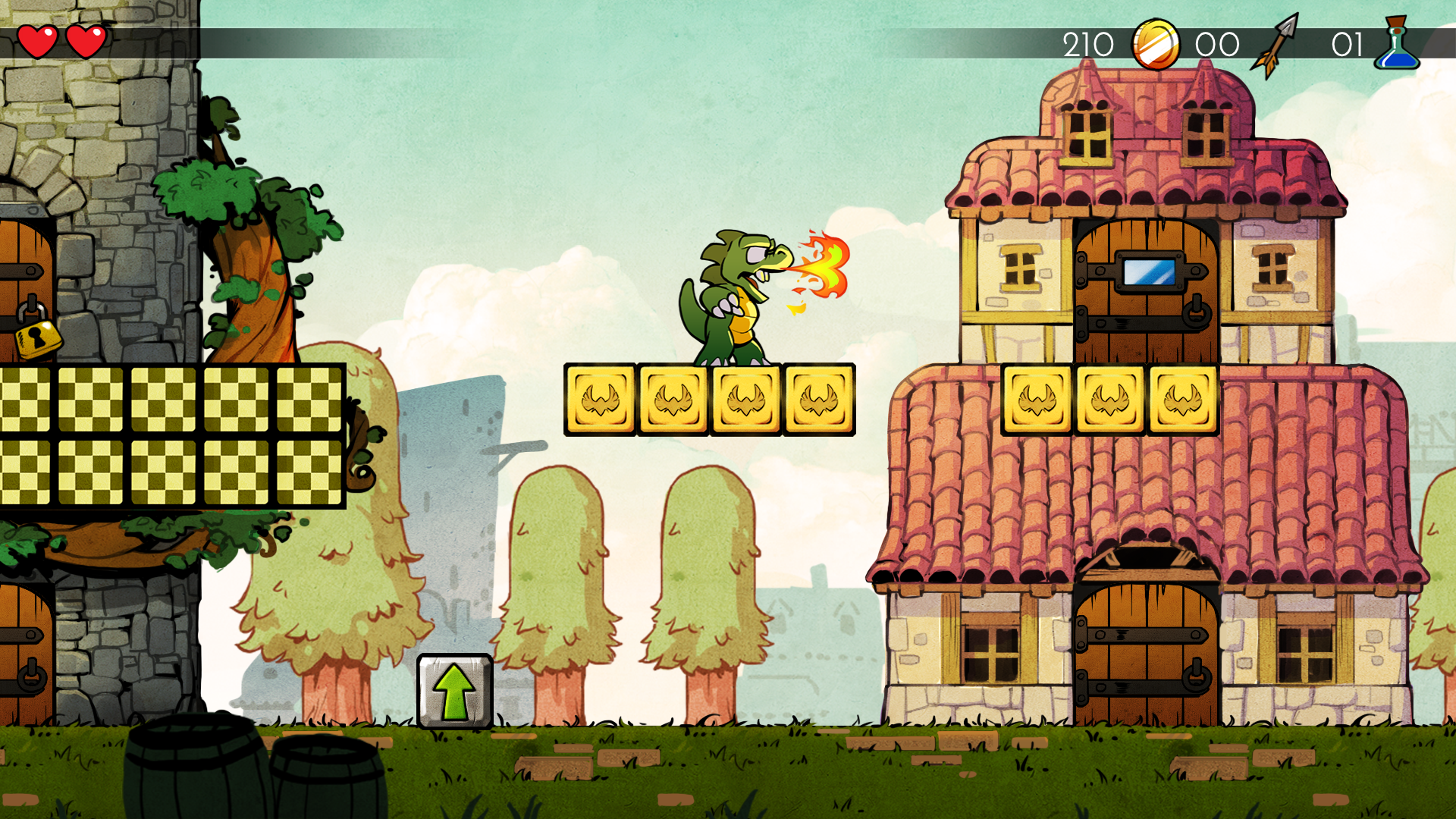
It's very easy to develop on the Switch
Tommy Refenes, Team Meat
Admiration for Nintendo is what drew many studios to work with the Switch in the first place. Philipp Döschl, co-founded and executive producer of Oceanhorn’s publisher FDG, for example, said they decided to work with Nintendo because of their regard for both the Switch and the company behind it.
"We love Switch!" he said. "It's the perfect gaming platform to date. You can play anywhere and anytime, either on TV or on the go. That being said, we've always been a bit of Nintendo fanboys and it was a childhood dream to make games for a Nintendo platform."
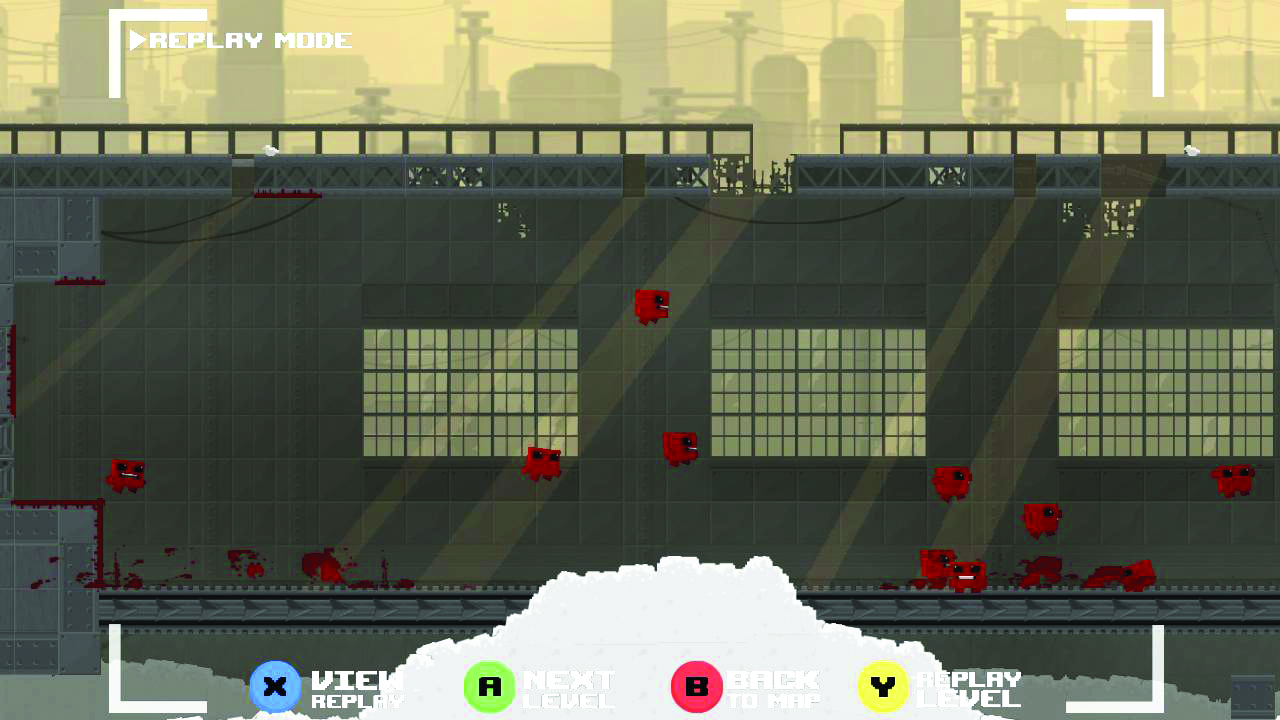
Team Meat’s Tommy Refenes agreed that the intrigue of new hardware drove his decision to port to the Switch. He also gave some insight into the simplicity of the process. "It's very easy to develop on the Switch, and I say this not working with any middleware. I ported the game which is my own custom engine to the Switch in three days… one day was for reading documentation," he explained.
Lizardcube, on the other hand, were simply taking their game everywhere they could, with Cornut saying, "as game developers it’s our job to port to as many platforms as we can, provided it makes sense in term of performance and controls."
And while the difference in specs and hardware were a potential boundary for Rocket League to come to Switch, the success of other indies on the console has positioned Psyonix to be excited for the release. "The fact that they're buying other indie experiences leads us to believe that they'll want to buy ours too."
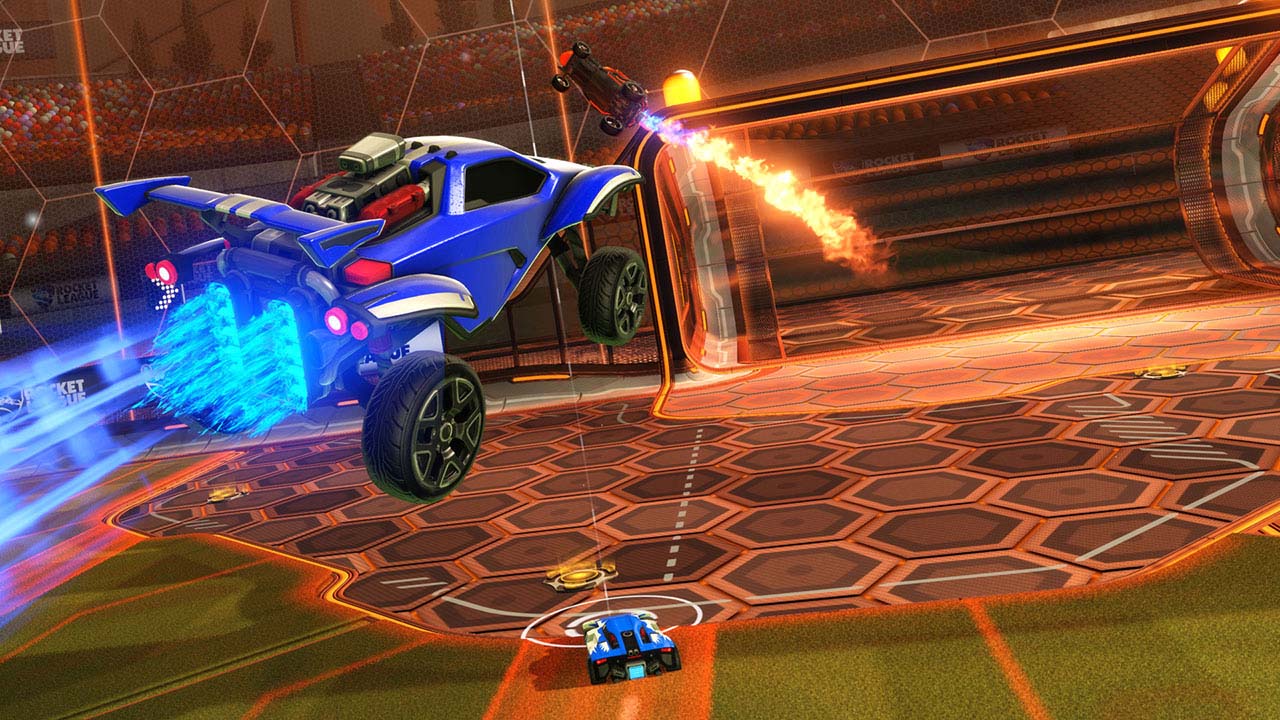
Looking ahead
When asked whether they'd consider developing exclusively for Switch, the answer changed depending on the size of the studio. Many of the smaller devs thought exclusivity deals with compensation from Nintendo would be out of reach, and without that kind of deal, exclusivity would only make sense if a game was built around the Switch's unique features.
PC gamers already have it pretty good.
Ashley Ringrose, SMG
"Developing an exclusive game has its own advantages: you can fully focus on the platform and on its peculiar strengths. The Switch offers some unique capabilities we would like to fully exploit: the Joy-Cons sure are lovely piece of technology!" said Forma.8 developer Fanelli.
Dunham agreed there's potential there, but generally it doesn’t fit in with Psyonix's ideals. "I wouldn't say it's impossible, but given our approach to community-friendly design and development, I don't think it's likely. We want our games to be available to as many players as possible and limiting a title to only one platform runs counter to that approach."
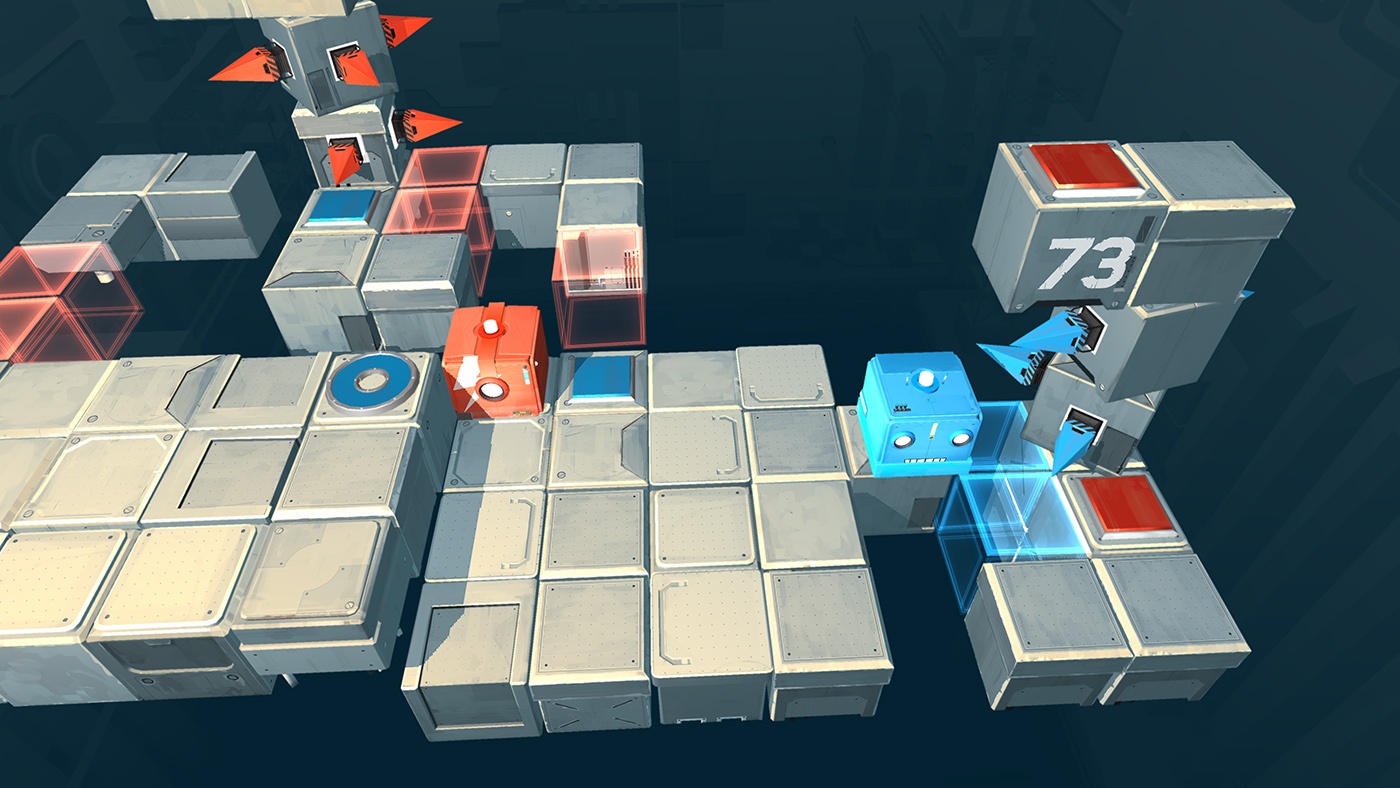
While exclusivity could be a great way for smaller studios to get help from a larger company, the level of compensation better-known studios like Team Meat would need to make money in a deal like this would probably be too high for a game that isn’t a system-seller, according to Refenes.
"Super Meat Boy is a known franchise, but it's not known like a Call of Duty, Mario or a Minecraft, but it's a game that's extremely popular with a multi-million user fan base. Therefore, it falls into a grey area when it comes to what a platform holder is willing to provide. I think a lot of indies get preferential marketing treatment in exchange for exclusivity which doesn't put any money in their pockets initially but instead gets them guaranteed exposure which in turn gives them money via sales. For a first-timer or a lesser known franchise, this can be a pretty great deal. That wouldn't be a great deal for Super Meat Boy Forever."
We also asked if there was a fear of alienating PC gamers by turning to Switch exclusively. Most doubted that would be an issue, especially if it was a case of requiring the Switch’s hardware. Others cited the plethora of games already available on PC as a reason not to worry. "No, PC gamers already have it pretty good," said SMG's Ringrose.
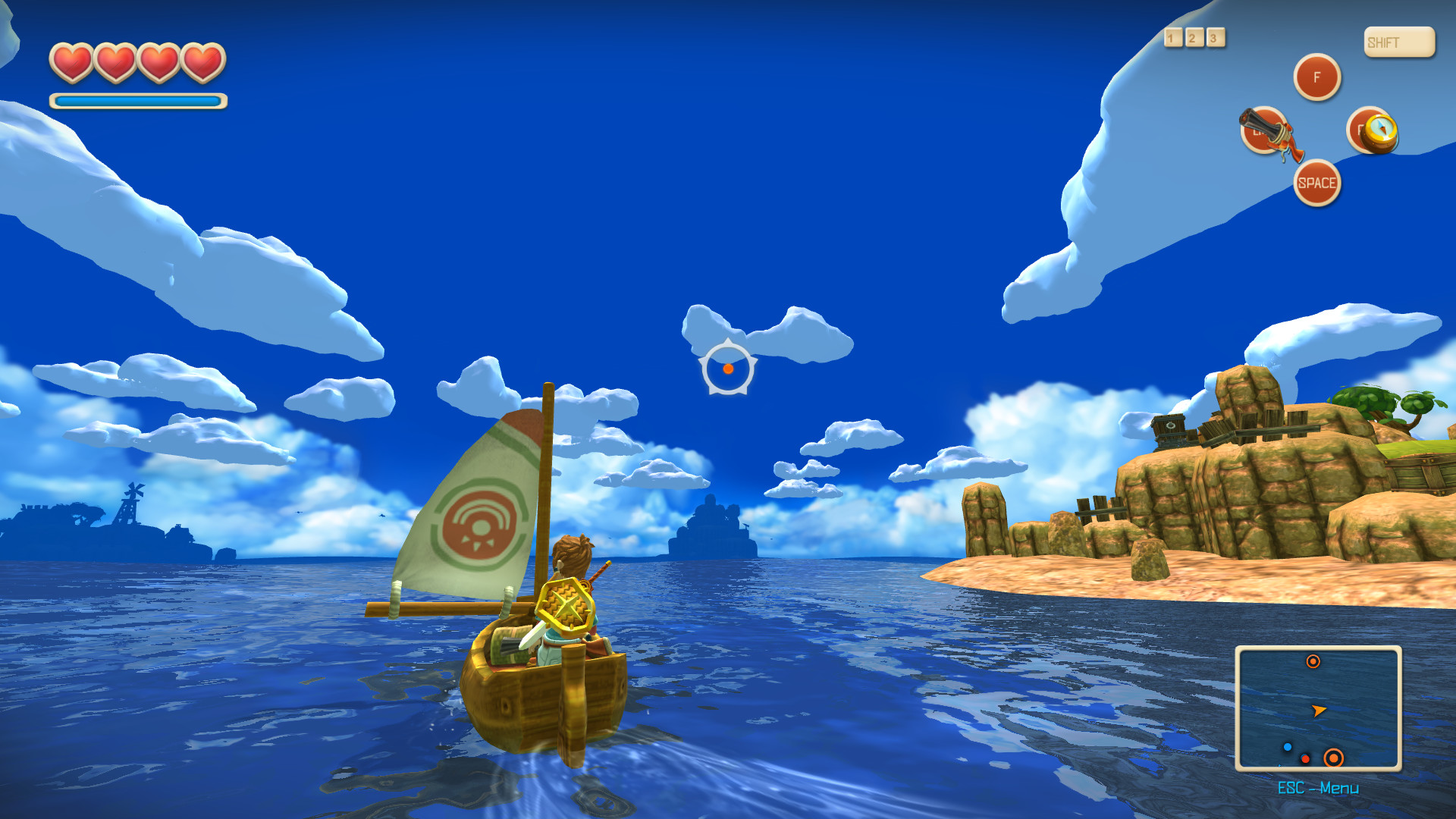
In the case of Lizardcube’s game, Wonder Boy: The Dragon's Trap released late on PC due to technical issues but Cornut doesn’t believe that was a reason for lower sales than on Switch. "Eventually what happened is that we sold much less on PC than on consoles, but honestly it isn't very surprising. We’re still happy we developed for PC and we’ll probably release our next game for PC."
To me, Steam is completely broken and I almost stopped buying games there
Philipp Döschl, FDG
He went on to explain that for Lizardcube, developing for PC was actually more difficult than console due to their custom engine. "Curiously, if you are using a custom engine and you are a small developer, developing for PC has become really difficult. It became easier to target PS4 or Switch than PC. That’s because the software, hardware, and drivers ecosystem are a minefield. Engines like Unity are taking care of lots of that minefield for you, but if you are running your own code, shipping even the simplest 2D game is really tough and stressing."
SMG think that the Switch might be able to overtake PC as a home for indies given the current success of the platform. "It has that potential right now," said Ringrose. "Not for all types of games but it's only six months old so it'll be an interesting holiday period as the Switch continues to grow. On PC there's just too many games and they are all so cheap. So many people have a backlog of games they don't play. I've been playing more games thanks to the Switch as it lets me play while hiding from the wife and kids!"
"It’s a very tough question," agreed Fanelli, adding "PC is currently overcrowded and has huge discoverability problems, but it still is and it will continue to be the biggest platform out there. I think we’ll continue to see amazing success stories for PC-only indies. But if you’re an indie developer you just have to be on Switch right now: it’s the hottest platform around for indie developers."
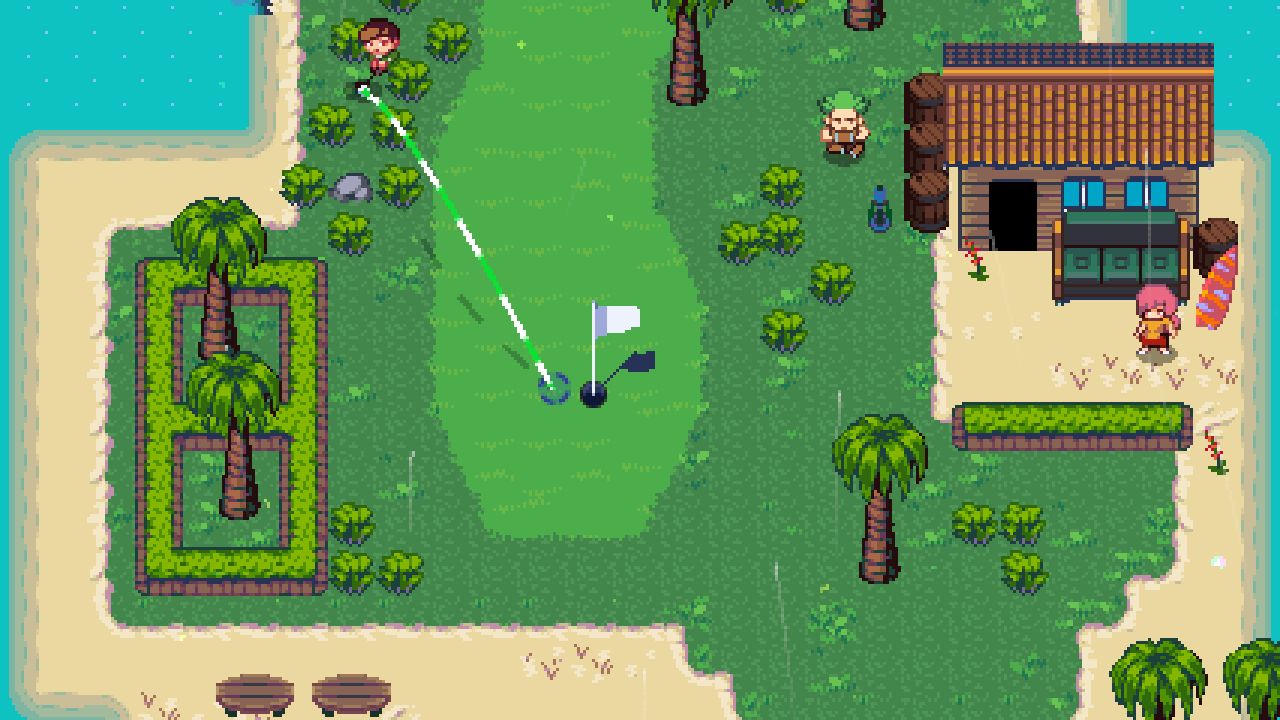
Others think PC is fine, so long as it evolves. FDG's Philipp Döschl sees Steam as the chink in PC’s nigh-impenetrable armor. "To me, Steam is completely broken and I almost stopped buying games there," he said. "From pricing (massively sale driven) to discoverability (harder and harder to find games), Steam has so many problems right now that have to be fixed in order to make it an attractive platform again for players and devs alike. And if Valve will not fix these problems, somebody else may come around and take over leadership. Now's the time for Amazon, Microsoft, GOG or maybe others to rise up."
For the most part, everyone agreed that while the Switch may be a fantastic new indie machine, PC is likely safe as the main home for indies in the future with its huge player base and ability to upgrade as time moves on. The unsurprising consensus from an industry standpoint was to develop for as many systems as possible and, if making a game exclusively for Switch, make it one that uses the unique features to get the full benefit of the system.
"The best advice I'd give to any indie developer is to build your game in a way that lets you put it on as many platforms as possible without needing major port work," Dunham said.
Rather than competing, it seems likely the two systems can complement each other with the boom on Switch allowing for more indie development on all platforms. Games that do come exclusively to Switch are most likely to be designed for Nintendo’s controllers, and those that don't will probably release on PC after a delay rather than leave such a large audience and so many potential sales on the table. It seems likely the success of indie games on Switch will be a good thing for the future of indie games everywhere.

Hope’s been writing about games for about a decade, starting out way back when on the Australian Nintendo fan site Vooks.net. Since then, she’s talked far too much about games and tech for publications such as Techlife, Byteside, IGN, and GameSpot. Of course there’s also here at PC Gamer, where she gets to indulge her inner hardware nerd with news and reviews. You can usually find Hope fawning over some art, tech, or likely a wonderful combination of them both and where relevant she’ll share them with you here. When she’s not writing about the amazing creations of others, she’s working on what she hopes will one day be her own. You can find her fictional chill out ambient far future sci-fi radio show/album/listening experience podcast right here. No, she’s not kidding.

